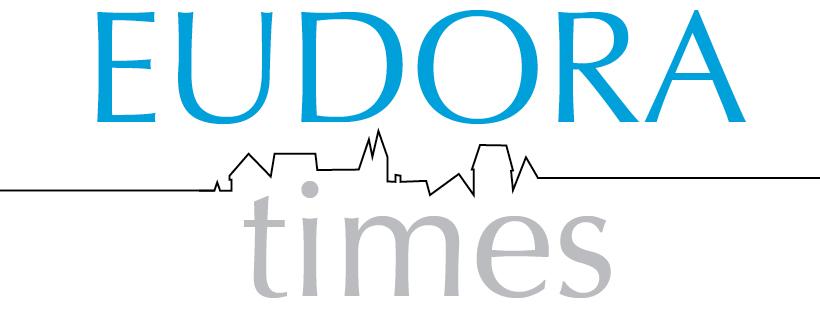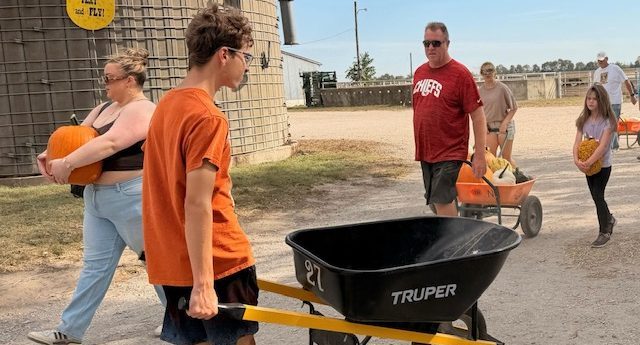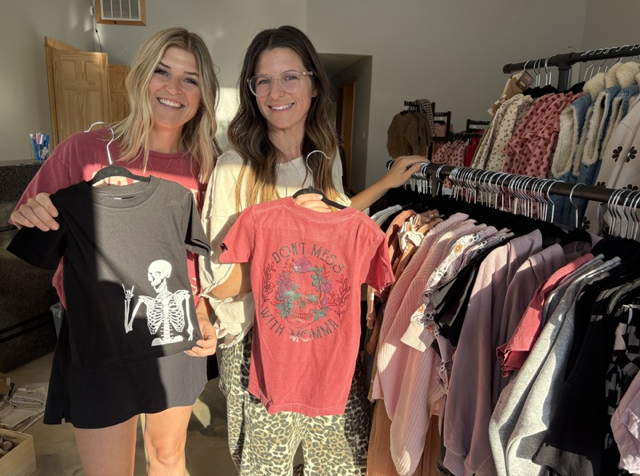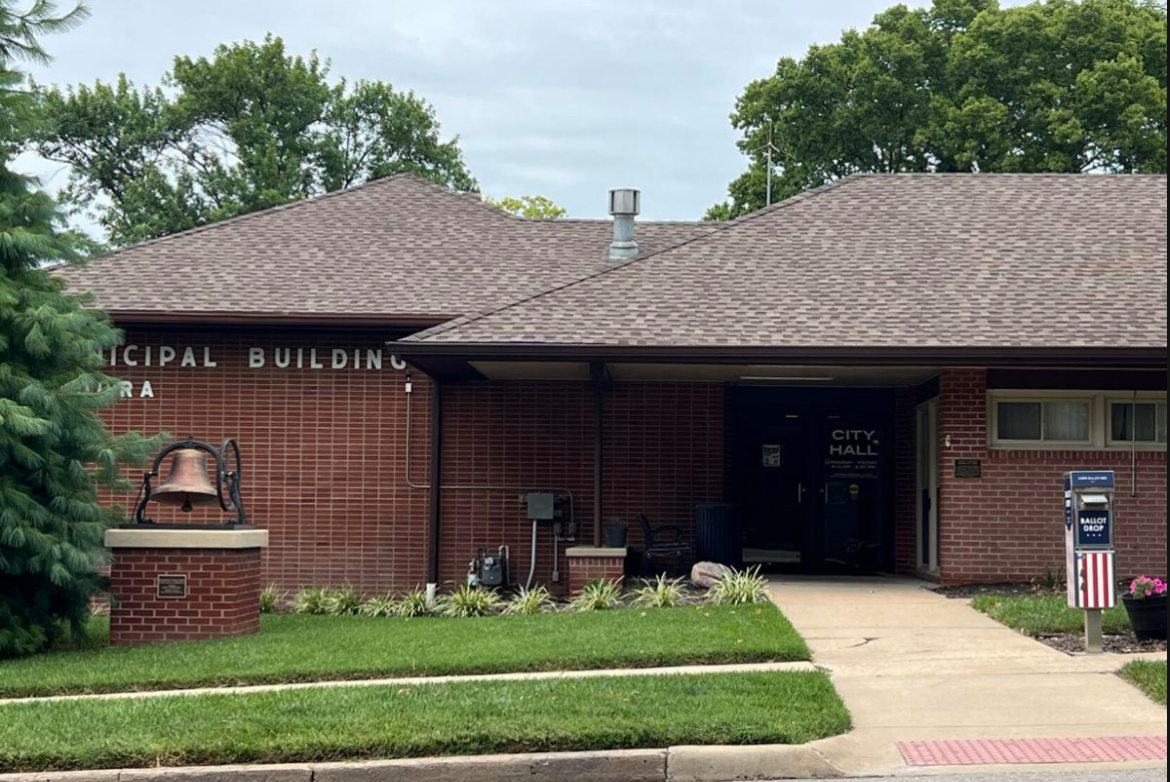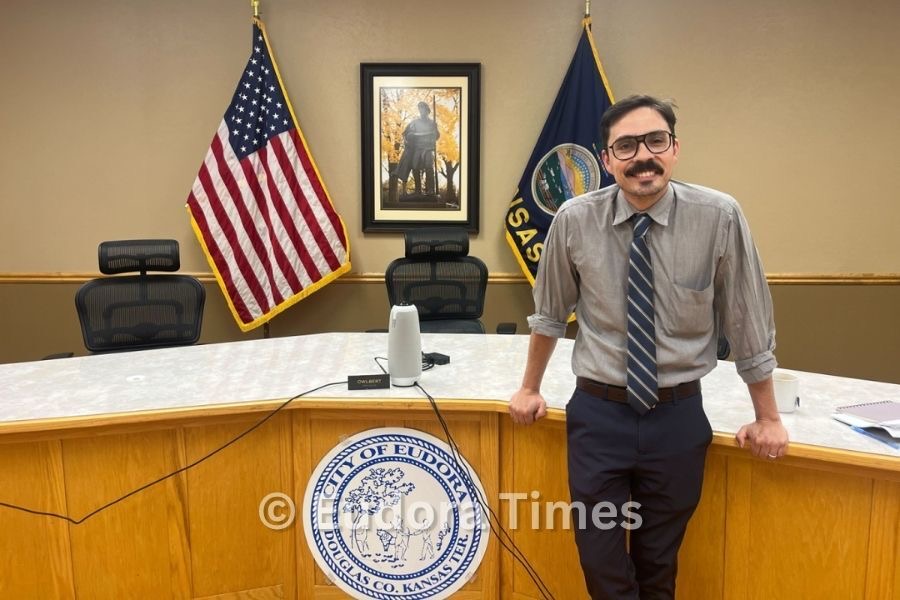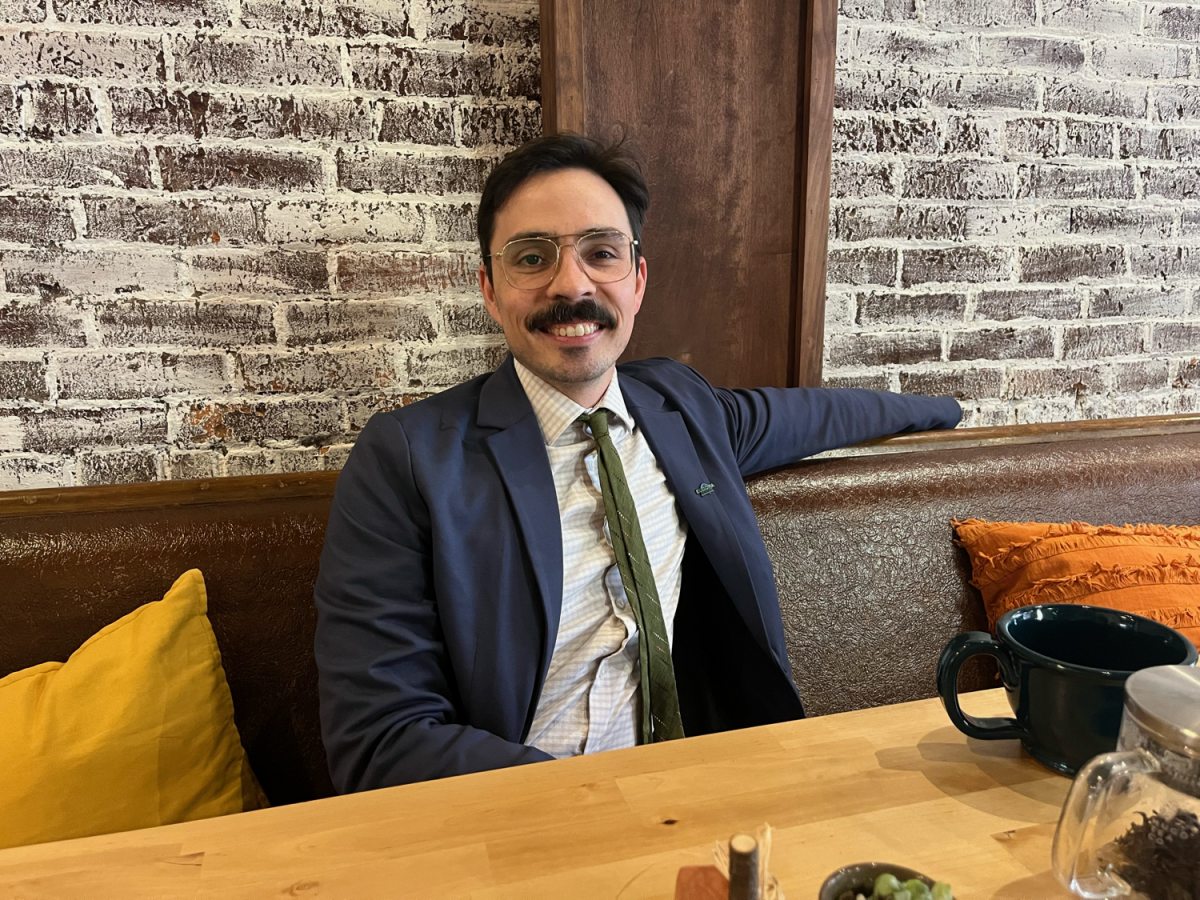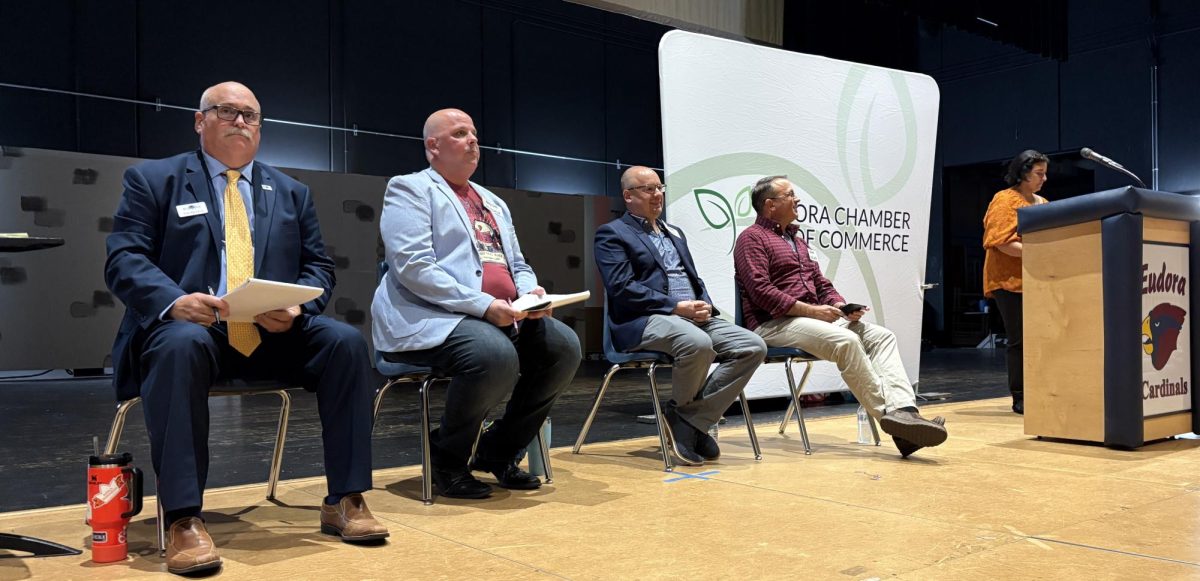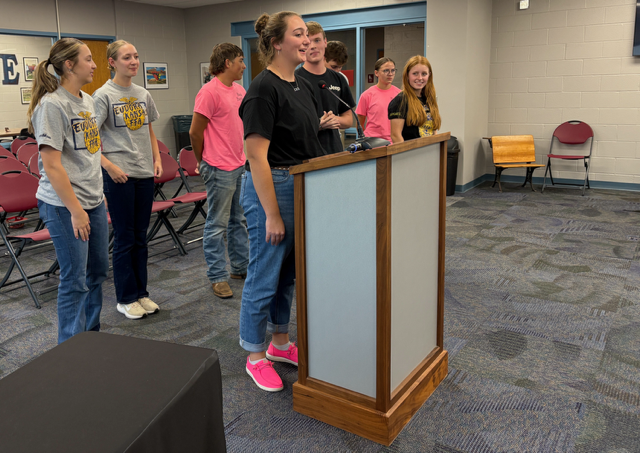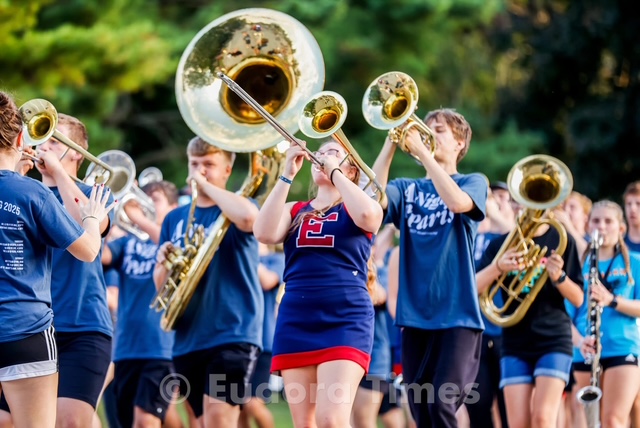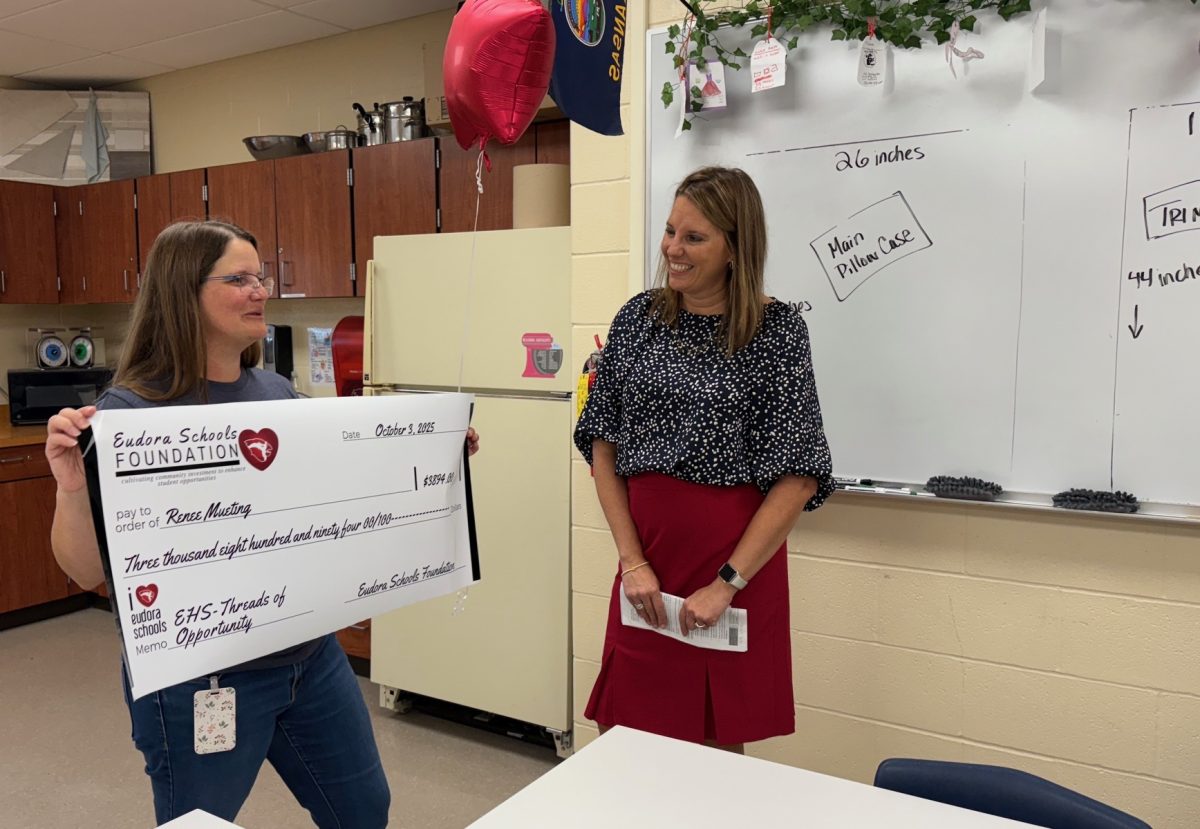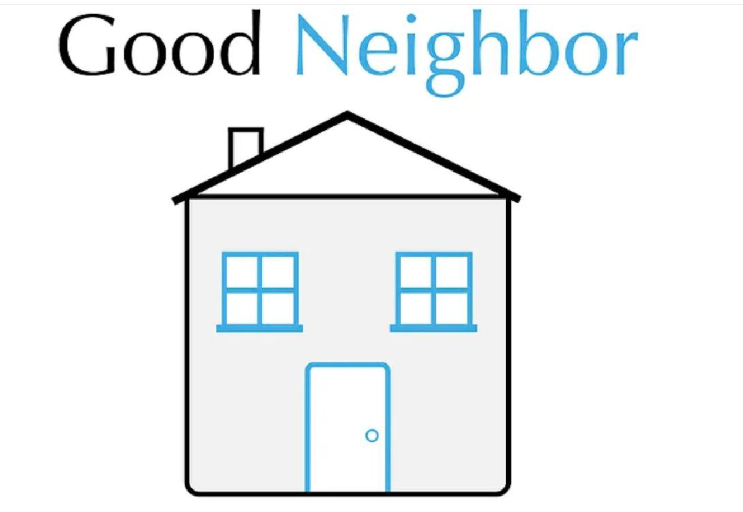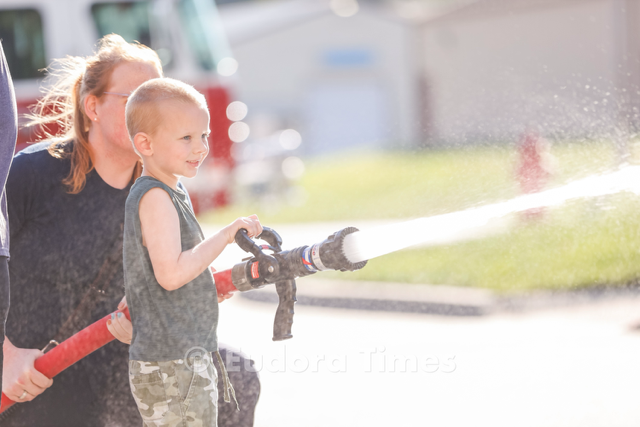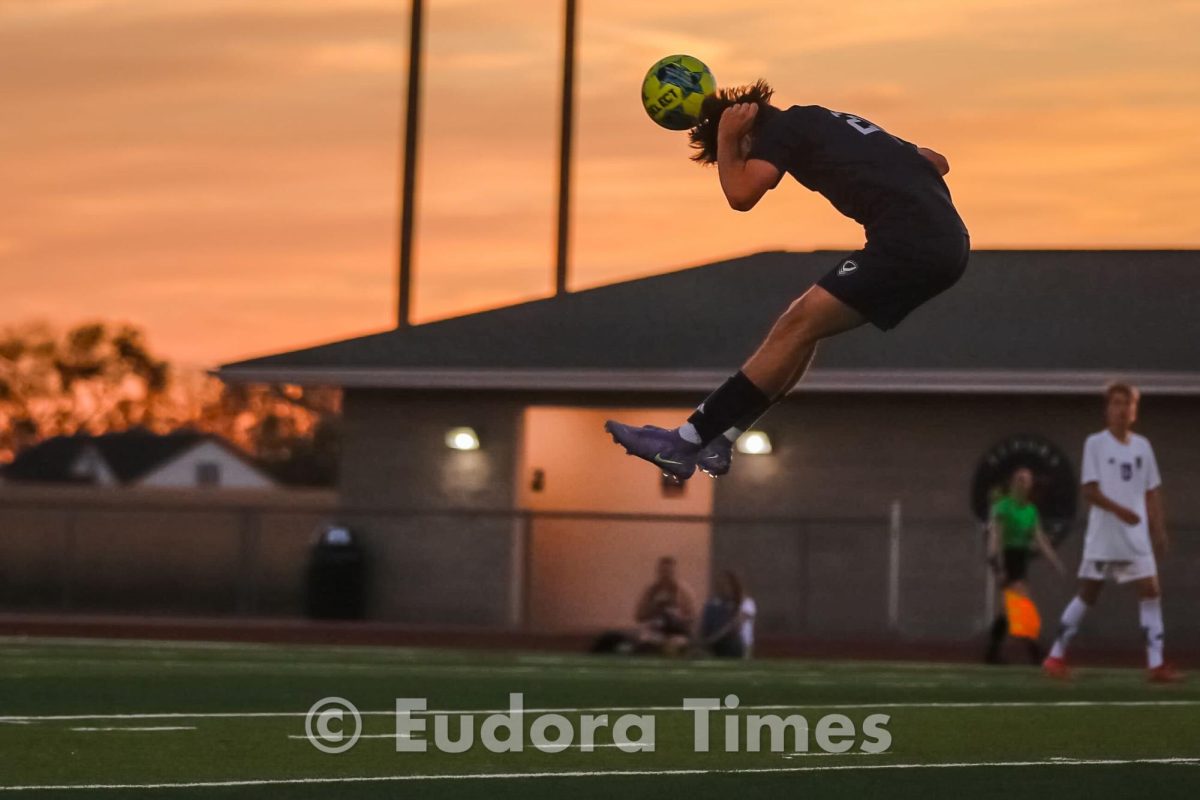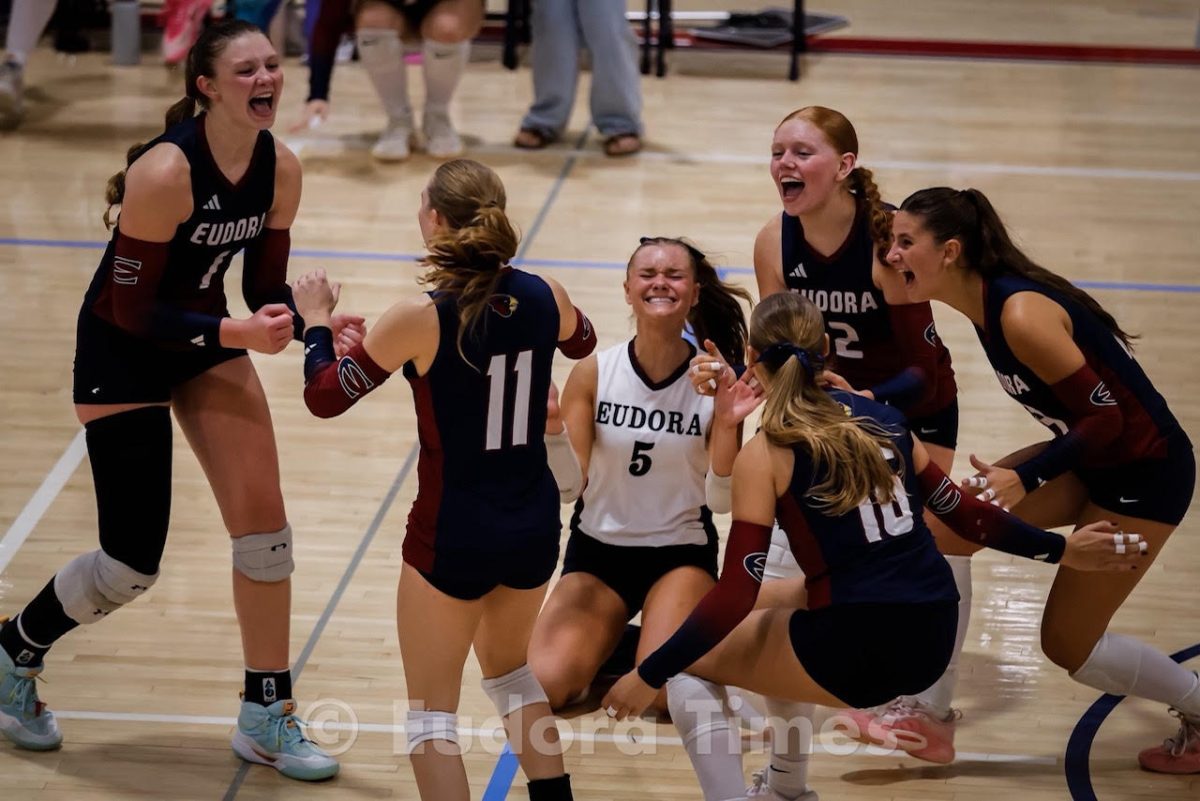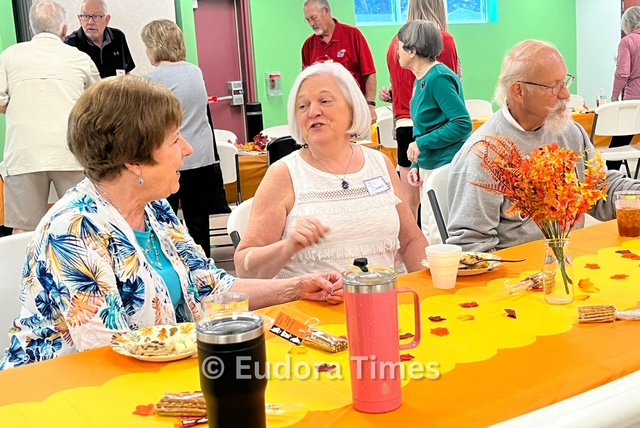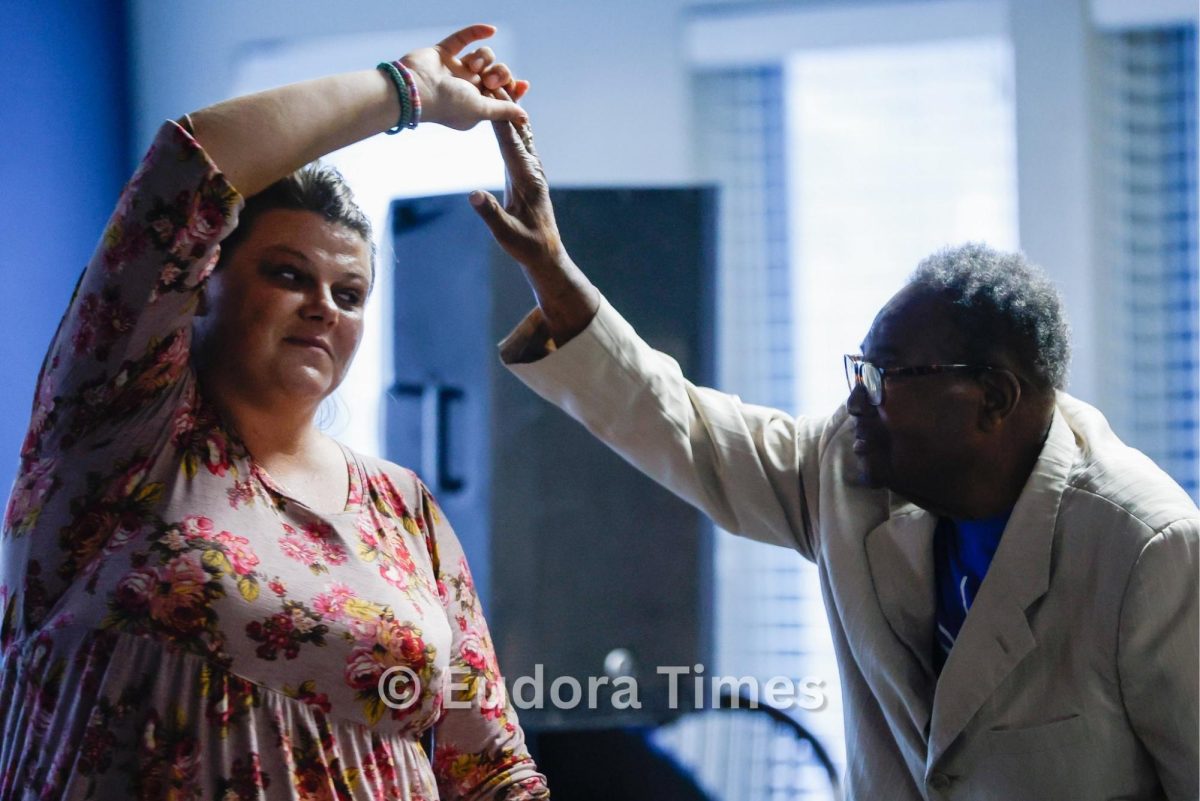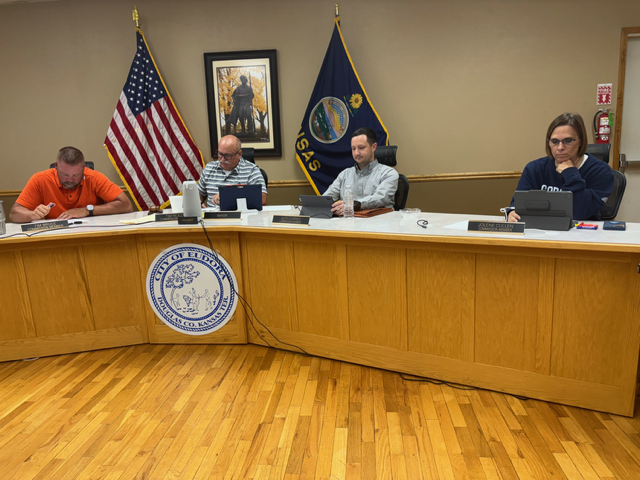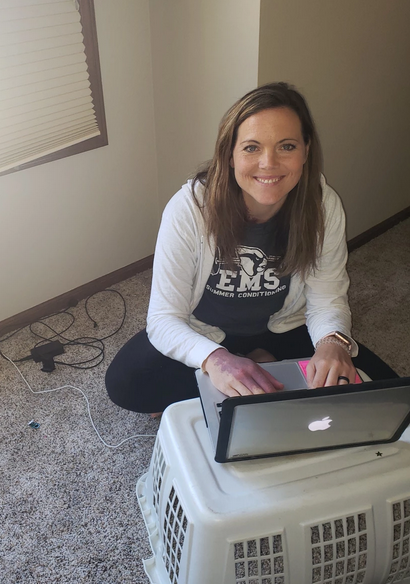They said one of the biggest challenges is many of the students who needed services have not met with the counselors regularly in the past. Plegge said she’s seen students who typically struggle with school now thrive with online learning, while those who had no problems with school have experienced declines in their school work.
High School WRAP worker Susan DeVoe said she has also noticed anxiety around using Zoom for class meetings. She said many students will turn off their video on Zoom, only turning it on so teachers can make sure they know who is on the call.
“I don’t know what it is about the Zoom,” DeVoe said. “[They] will correspond by email but will not be on the Zoom.”
DeVoe has been using Facebook to communicate coping techniques to students and families. She said lately her own inbox and social media has filled with self-care tips, and she worries parents who are experiencing the same thing may quickly become overwhelmed if they “go down a rabbit hole.”
DeVoe said this has helped her develop ideas for educating parents on social and emotional wellness in the future, rather than just students.
“There’s been a lot of opportunities I see given to me again this year through all this that the beginning of next year, things are gonna be different as far as education goes for the whole community,” DeVoe said.
DeVoe said her biggest concern right now is how high schoolers and parents will react to businesses opening back up and knowing how to maintain a balance of where they can and cannot go. She said high schoolers may be more relaxed as things begin to open back up, while parents may want to continue staying home despite reopenings.
“I foresee in the summer, there’s probably going to be some greater need for some kind of assistance with parents and kids and managing that emotional side,” DeVoe said.
The counselors said they plan to continue being available to students throughout the summer as situations around the pandemic continue to change and school and government officials begin taking into consideration the chances of returning to in-person education in the fall.
“If they have a kid that’s struggling, don’t hesitate to reach out,” Wiley said. “That’s what we’re here for. The social emotional team is here to work with kids that need us, so don’t hesitate.”
